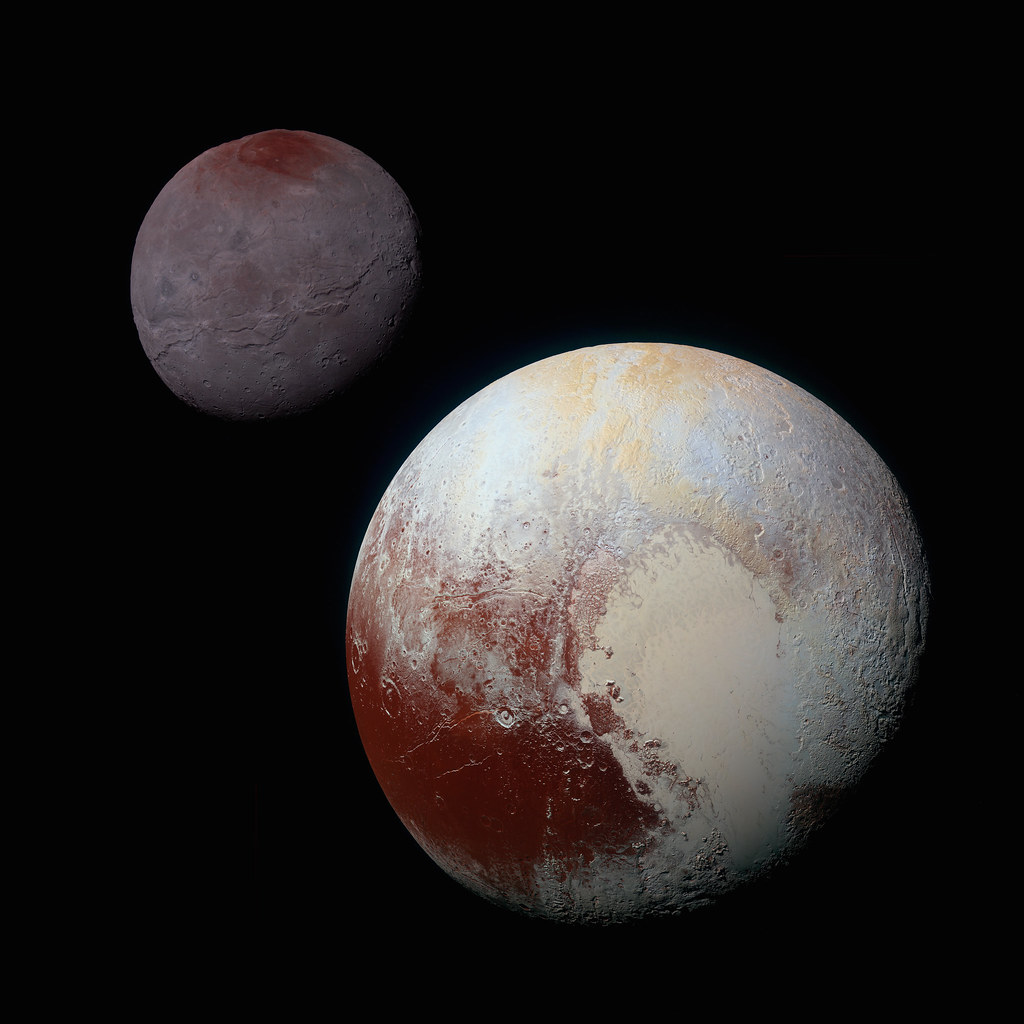When we talk about “the ego” we are talking about a function of our psyche that serves, on a personal level, the function of managing cognitive dissonance. Cognitive dissonance occurs when we perceive multiple contradictory or inconsistent pieces of information, which can range from benign to overwhelming. If, for example, someone you really trusted and admired came out with a red balloon and made a big deal of saying it’s a blue balloon, you would experience dissonance—my perception tells me the balloon is blue, but this person I completely trust is so confident, it doesn’t make sense.
On the level of the self, we experience dissonance all the time when we try to cling to one belief about ourself and manage all the contradictions of it. We think of ourselves as strong and confident but we have moments where we want to lay in bed for a day and be sad. We think of ourselves as health-conscious and find ourselves eating a huge bag of processed chips. The ego attempts to resolve this dissonance into a coherent, manageable story.
We excel at creating simple stories about ourselves and the world as a form of energy conservation. If you spent every moment of your day parsing through every dissonance and inconsistency, you would get little done. You might be paralyzed by indecision or confusion, especially if your awareness of these contradictions was not grounded in acceptance.
Our tendencies toward stereotyping and making big, grandiose declarations are efforts to reduce dissonance and avoid confronting these inconsistencies. If I’m supposed to live in the greatest country in the world but everyone around me is struggling to survive, that is dissonance. If I think of myself as a strong ally but the people to whom I’m allied are calling me out, that is dissonance.
Our ego tendency to make a workable story to smooth out this dissonance serves us in a number of ways, but that service is also deceit. Imagine a dream in which you’re sitting at dinner with a walrus, and the walrus is your girlfriend that you’re breaking up with and is making a big scene in the restaurant. You might have a thought like, “Wait, I don’t date walruses.” And then that thought is followed by, “Oh, that’s why we’re breaking up.” Such moments in dreaming give us a window into how the ego works to smooth over dissonance. Instead of leaning into the realization that something is not right in this moment, and realizing you’re dreaming, we are lured into a deeper dream by a very plausible-seeming explanation that confirms and extends the story.
In waking life, this can happen so quickly that we don’t even catch what’s happened. On the other hand, life will occasionally hand us a situation in which the dissonance is irreconcilable, and our sense of coherence becomes fractured into multiple competing narratives.
On a broader cultural level, I believe we are witnessing this unfolding in the polarization and fights over disinformation and who controls the story continues. We talk about it as right versus left, which is itself an attempt to reduce dissonance by making simple dichotomies, and it is also a reflection of the weakening of a cultural ego. Those former arbiters of culture—a shared religion, a shared valuation of certain sources of news, even trust in the government—seem to be struggling to find a unifying story to smooth out inconsistencies.
Perhaps it relates to the United States’s Pluto return, in which the wandering star Pluto has returned to the position it inhabited when the United States emerged as its own national entity. In Western modern astrology, Pluto draws out what has been psychologically repressed, particularly those uncivil energies of the will to power at the expense of harmony.
My sense is that Pluto’s movements demand a confrontation of dissonance and recognition that old ego stories no longer serve, but have become too restrictive, too much at odds with these buried drives, and those stories need to be shed so that we can grow large enough to encompass our multitudes and find a new story.
Or there might just be death.
I no longer entertain the fantasy that I have some useful insight into navigating hard political realities, but as a person riding this out with everyone else, I find myself sitting with troubling questions about whether Truth exists or whether there are simply multiple competing narratives, and whomever has the most power in any situation is the one whose narrative is considered reality.
While there seems to be a kernel of truth to that in terms of ongoing social unrest, my sense on a psychological level is that Truth exists and cannot be reduced to a story that smooths out dissonance. Truth encompasses all the contradictions and inconsistencies, it must because all of those conflicts exist and are real and no iteration of Truth can be valid if it rejects anything that is real.
On the inner level, we need to give the ego a break sometimes and allow ourselves to attend to our inconsistencies. We can let each part of us express its world, its reality, its values, and attempt to see the validity of each without needing them to agree with each other. The expression of this multiplicity and differentiation actually leads to peace—rather than picking a side and forcing everyone else to shut up, all of our inconsistencies become more like planets that find harmonious orbits around the sun of our Self, and can express their nature in relationship with each other.
Whether that is possible on a collective or national level is too big of a question for me for this moment. I can guarantee it will not be possible if we cannot practice this being with ourself. If we cannot tolerate our own dissonance, then we will really struggle to accept the dissonance and multiplicity of thousands of people and hundreds of years of history.


